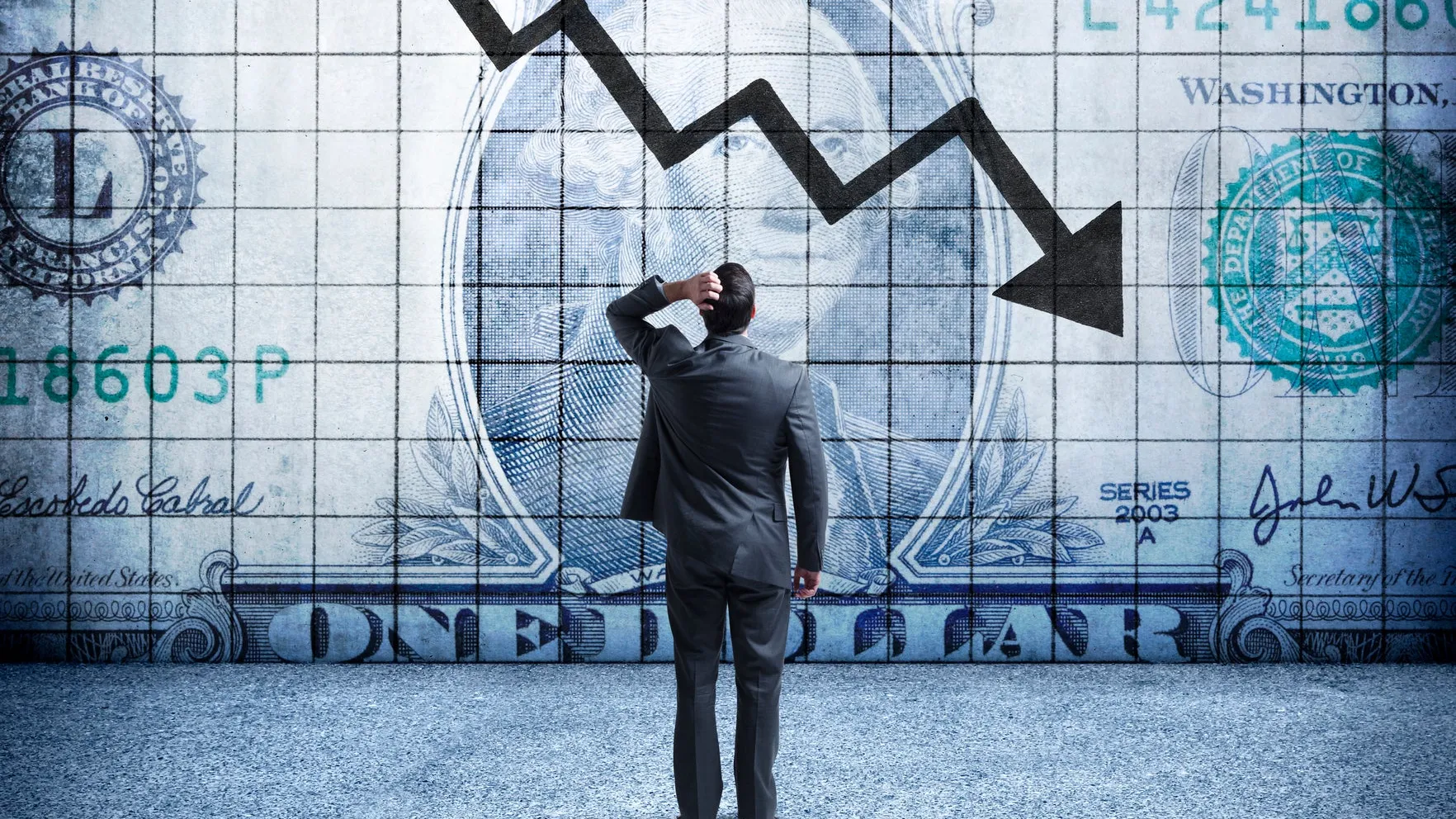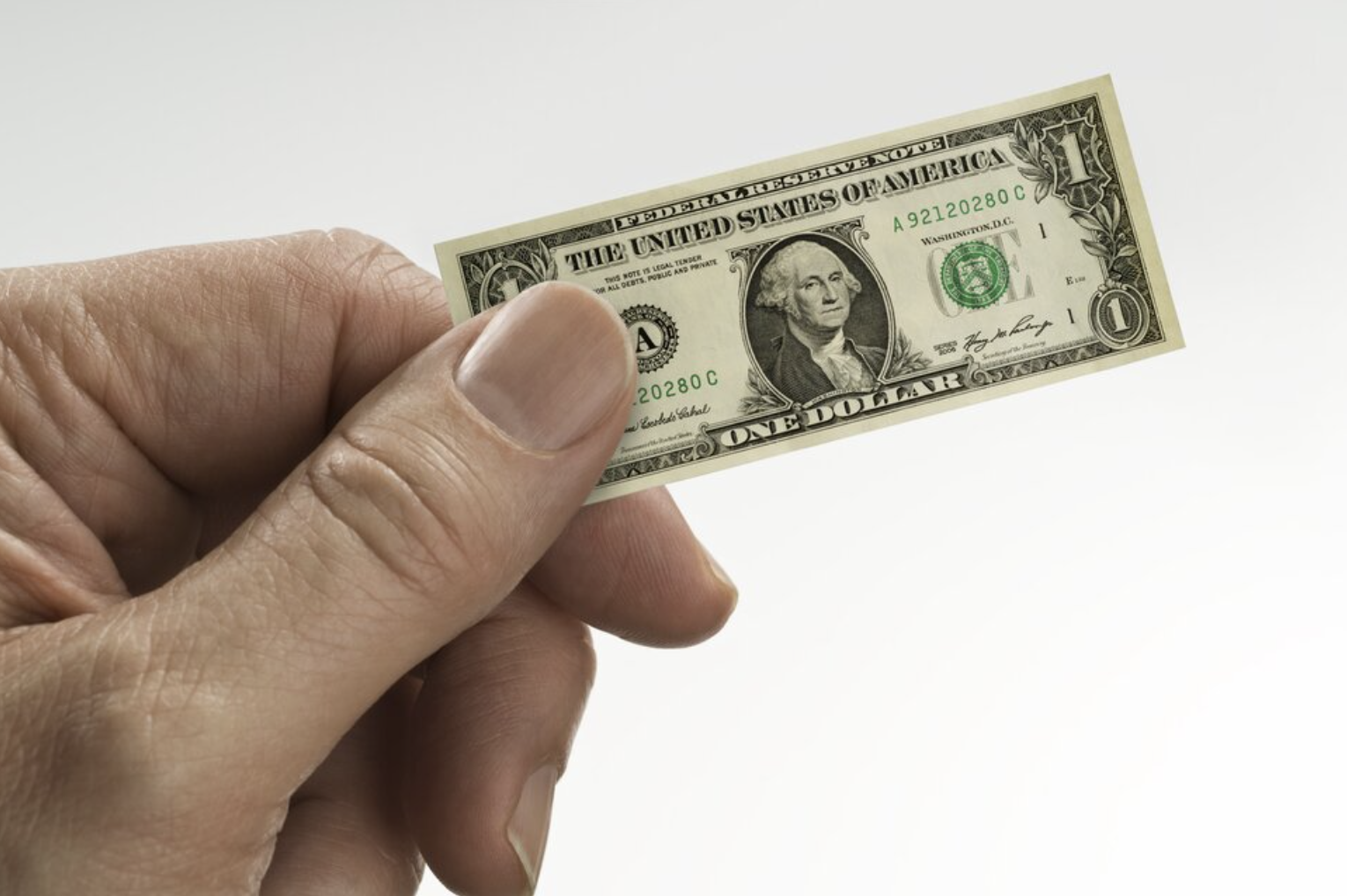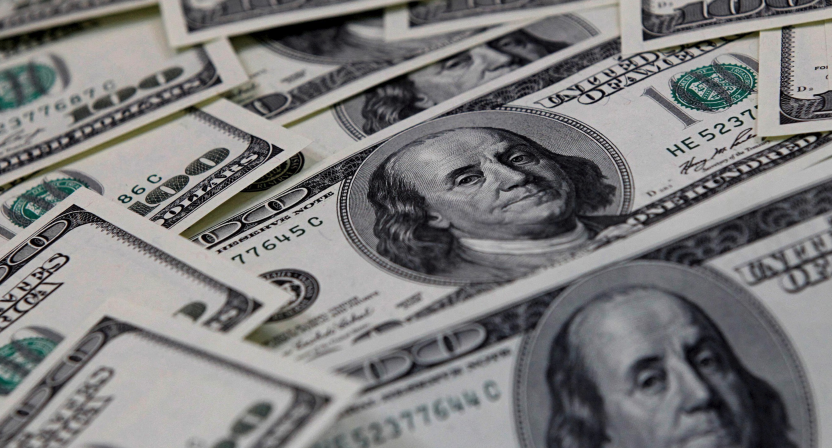A recession akin to 1969-1970 awaits U.S. next year, economist warns

Mark DeCambre @ Market Watch. November 28, 2022
‘While economic momentum has protected the U.S. economy this year, what’s around the bend in 2023 is the bigger worry,’ says S&P Global economist
Brace for a recession next year. That is the word of warning from S&P Global Ratings economist Beth Ann Bovino, in a post-Thanksgiving weekend report on Monday.
As with many prognosticators inside and outside of Wall Street, S&P sees the chance that the U.S. avoids a recession as “dimming,” as the Federal Reserve continues to pursue its strategy of attempting to squelch rising inflationary pressures by raising interest rates.
The U.S. central bank’s goal is simple: stamp out inflation, with measures such as the consumer-price index putting in numbers of around 8% for several months in a row this year.
The Fed views inflation for a healthy economy at 2%, and readings above that suggest that the economy is running hot.
Lifting interest rates are one of the primary ways the Fed can cool the economy, by making goods and services more expensive. That strategy is inflicting pain — and risks recession — for consumers and investors who have enjoyed more than a decade of cheap money to buy houses, cars and other assets such as stocks and bitcoin.
“While economic momentum has protected the U.S. economy this year, what’s around the bend in 2023 is the bigger worry,” wrote the S&P Global Ratings economist.
Brewing global tensions are also playing a part.
“With the Russia-Ukraine conflict ongoing, tensions over Taiwan escalating, and the China slowdown exacerbating supply-chain and pricing pressures, the U.S. economy appears to be teetering toward recession,” the report continues.
Against the backdrop of a softening economy are a number of ugly predictions for the market, including the Dow Jones Industrial Average, the S&P 500 index, and the Nasdaq Composite Index, with Deutsche Bank recently forecasting a further 25% tumble for major indexes from current levels.
Deutsche Bank also was among the first major banks to forecast a U.S. recession. But the ranks of recessionary forecasts have been growing steadily.



